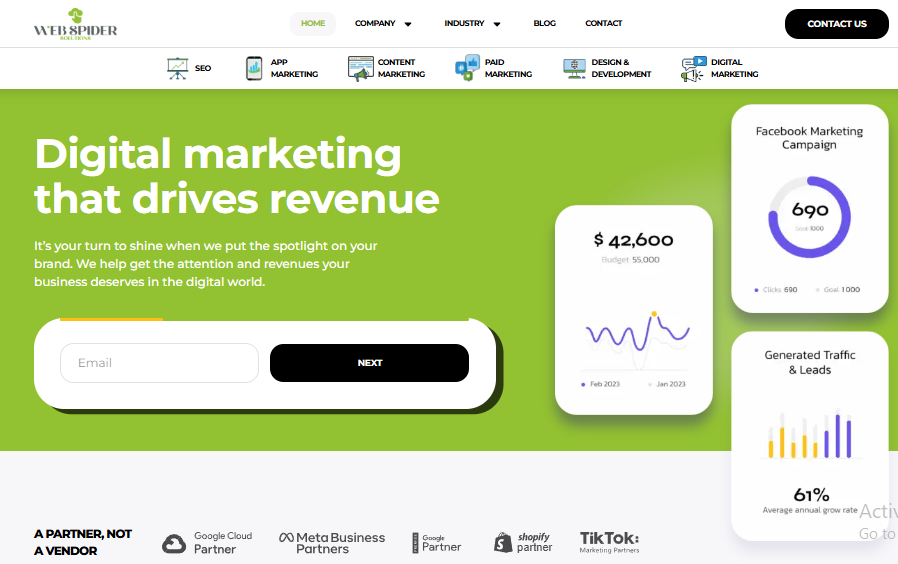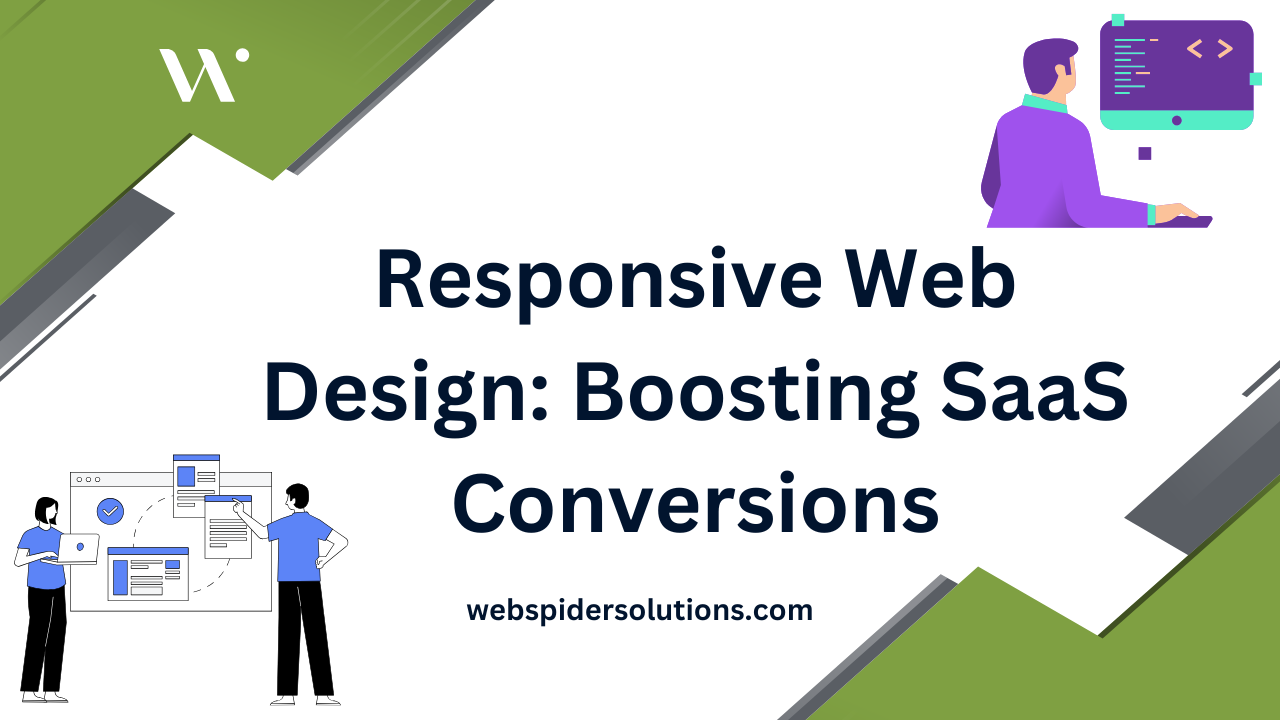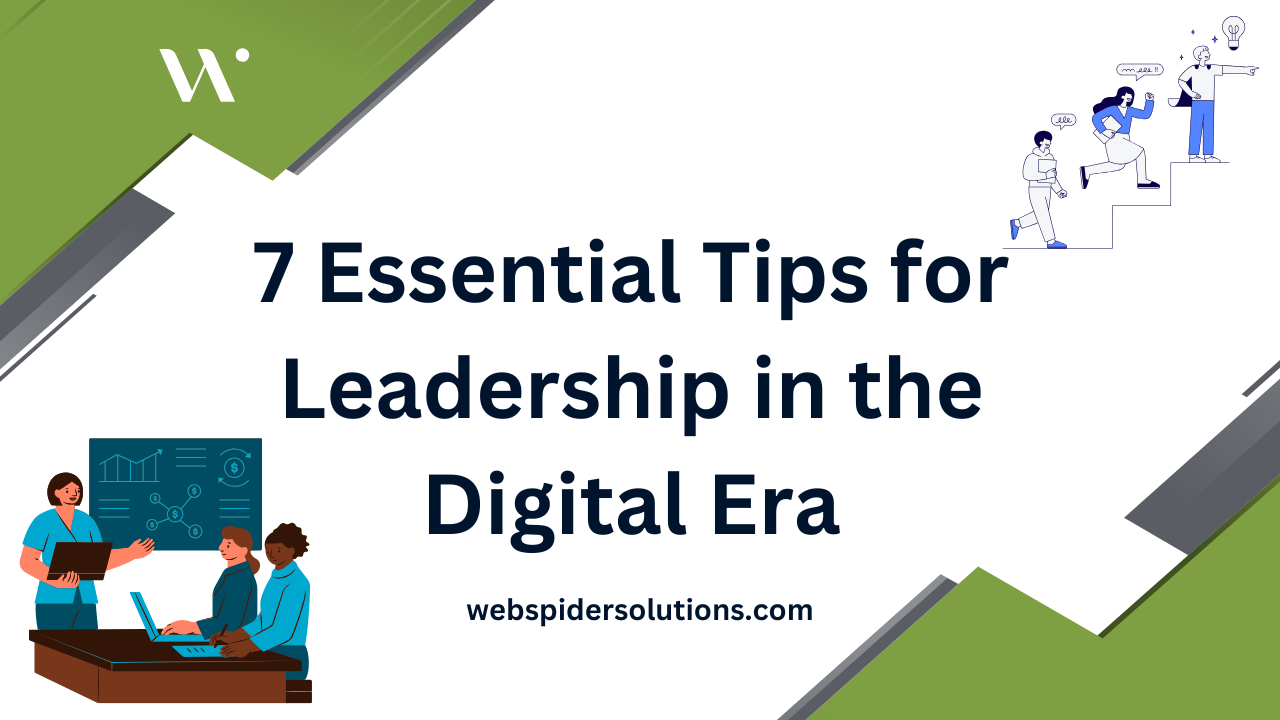Digital marketing is now the backbone of business growth with over 80 percent of businesses investing more in digital channels each year. Most owners focus on shiny new social platforms and catchy ads hoping for instant results. The real secret is a simple shift in mindset that unlocks better results even with a modest budget.
Table of Contents
- Understanding Digital Marketing Basics
- Essential Channels for Small Businesses
- Building a Digital Marketing Strategy
- Measuring Success and Key Metrics
Quick Summary
| Takeaway | Explanation |
|---|---|
| Understand Your Audience | Develop detailed customer personas to tailor your digital marketing strategies effectively. |
| Leverage Multiple Channels | Utilize social media, SEO, email, and content marketing for broader engagement and visibility. |
| Measure Performance Regularly | Track key performance indicators to assess the success of your digital marketing efforts continuously. |
| Adapt Your Strategy Dynamically | Be flexible and ready to adjust your marketing strategies based on data insights and market changes. |
| Focus on Content Quality | Create high-value and relevant content to attract and retain customers, enhancing brand loyalty. |
Understanding Digital Marketing Basics
Digital marketing has transformed how businesses connect with customers in the modern world. At its core, digital marketing represents a strategic approach to reaching and engaging potential customers through digital channels and technologies.
The Fundamental Landscape of Digital Marketing
Digital marketing fundamentals encompass a comprehensive set of online strategies designed to promote brands, products, and services across multiple digital platforms. According to research from ResearchGate, digital marketing involves leveraging internet-based channels to communicate with potential customers, build brand awareness, and drive business growth.
The digital marketing ecosystem includes several critical components that work together to create powerful marketing experiences. Key digital channels include:
- Search Engines: Utilizing SEO and search advertising to increase online visibility
- Social Media Platforms: Engaging audiences through targeted content and advertising
- Email Marketing: Developing personalized communication strategies
- Content Marketing: Creating valuable, relevant content to attract and retain customers

Strategic Approach to Digital Marketing
Successful digital marketing requires a structured and data-driven approach. Comprehensive research on digital marketing strategies highlights the importance of understanding online customer behavior, developing targeted strategies, and continuously adapting to technological changes.
Businesses must focus on several strategic elements to effectively implement digital marketing:
- Audience Understanding: Developing detailed customer personas and mapping their digital journey
- Channel Selection: Identifying the most appropriate digital platforms for specific business goals
- Performance Measurement: Implementing analytics to track and optimize marketing efforts
Modern digital marketing goes beyond simple promotion. It involves creating meaningful connections, providing value, and building trust with potential customers through strategic, targeted approaches. By understanding the fundamental principles and continuously evolving with technological advancements, businesses can develop robust digital marketing strategies that drive meaningful engagement and sustainable growth.
The digital marketing landscape is dynamic and complex. Success requires a combination of technical knowledge, creative thinking, and a deep understanding of customer needs and behaviors. Businesses that invest time in learning and implementing effective digital marketing strategies will be better positioned to compete in an increasingly digital marketplace.
Essential Channels for Small Businesses
Small businesses today face a complex digital marketing landscape that requires strategic channel selection and targeted approaches. Understanding and leveraging the right digital marketing channels can significantly impact business growth and customer engagement.
Social Media Marketing Strategies
Social media platforms offer small businesses powerful opportunities to connect directly with potential customers. According to SCORE, strategic social media marketing can help businesses build brand awareness, engage audiences, and drive conversions.
Below is a summary table comparing key social media platforms for small businesses and their primary uses:
| Platform | Primary Use | Best For |
|---|---|---|
| Broad audience targeting, community building | General audience, local businesses | |
| B2B networking, professional service marketing | B2B companies, service providers | |
| Visual storytelling, brand awareness | Visually-driven brands, influencers | |
| Real-time engagement, customer service | Timely updates, customer support channels |
Businesses must develop platform-specific strategies that align with their target audience’s preferences and behaviors. Discover expert tips for effective social media marketing.

Search Engine and Content Marketing
Search engine optimization (SEO) and content marketing represent critical channels for small businesses seeking online visibility. The Small Business Development Corporation emphasizes the importance of creating high-quality, relevant content that addresses customer needs while improving search engine rankings.
Effective content marketing strategies include:
- Blog Posts: Providing valuable industry insights and solving customer problems
- Video Content: Creating engaging multimedia experiences
- Infographics: Presenting complex information in visually appealing formats
- SEO-Optimized Web Pages: Ensuring website content ranks well in search results
Email and Targeted Advertising
Email marketing remains a cost-effective channel for nurturing customer relationships and driving conversions. Small businesses can leverage email campaigns to:
- Send personalized product recommendations
- Share exclusive promotions
- Provide valuable industry insights
- Maintain regular communication with customers
Paid advertising channels like Google Ads and social media advertising offer precise targeting options. By creating focused campaigns with clear objectives, small businesses can maximize their marketing budget and reach potential customers more effectively.
Successful digital marketing for small businesses requires a holistic approach. By understanding each channel’s unique strengths and developing integrated strategies, businesses can create meaningful connections with their audience and drive sustainable growth in an increasingly competitive digital marketplace.
Building a Digital Marketing Strategy
Developing a robust digital marketing strategy is crucial for businesses seeking to navigate the complex online landscape and achieve meaningful growth. A well-crafted strategy transforms random marketing efforts into a cohesive, targeted approach that drives tangible business results.
Understanding Strategic Foundation
Research from a comprehensive study on technological innovation highlights that successful digital marketing strategies are built on three critical dimensions: innovativeness, proactiveness, and strong managerial capabilities. These elements form the backbone of an effective digital marketing approach.
Businesses must begin by conducting a comprehensive digital audit that examines:
- Current Digital Presence: Evaluating existing online channels and performance
- Competitive Landscape: Understanding competitors’ digital strategies
- Target Audience Mapping: Identifying precise customer segments and their digital behaviors
Learn the complete framework for developing a digital marketing strategy that aligns with your business objectives.
Strategic Planning and Execution
According to research from the University of North Carolina, integrating traditional marketing principles with digital methodologies creates a more holistic and effective approach. Successful strategic planning involves several critical steps:
Below is a table outlining key steps involved in strategic digital marketing planning and their purposes:
| Step | Purpose |
|---|---|
| Goal Setting | Define clear, measurable objectives for marketing efforts |
| Channel Selection | Identify the most effective digital platforms for your audience |
| Content Development | Create value-driven, targeted content for chosen channels |
| Budget Allocation | Strategically distribute resources across channels and campaigns |
- Goal Setting: Defining clear, measurable objectives
- Channel Selection: Identifying the most appropriate digital platforms
- Content Development: Creating targeted, value-driven content
- Budget Allocation: Distributing resources strategically across channels
Performance Measurement and Optimization
A digital marketing strategy is not a static document but a dynamic framework that requires continuous monitoring and refinement. Key performance indicators should include:
- Conversion rates
- Website traffic
- Engagement metrics
- Return on investment (ROI)
- Customer acquisition cost
Businesses must implement robust analytics tools to track performance and make data-driven adjustments. Regular strategy reviews ensure that digital marketing efforts remain aligned with evolving business goals and market conditions.
The most successful digital marketing strategies are those that remain flexible, customer-centric, and technologically adaptive. By understanding your audience, leveraging the right channels, and maintaining a commitment to continuous improvement, businesses can create powerful digital marketing strategies that drive meaningful growth and competitive advantage.
Measuring Success and Key Metrics
Digital marketing success hinges on the ability to measure and interpret key performance indicators (KPIs) that provide meaningful insights into marketing effectiveness. Understanding and tracking the right metrics enables businesses to make data-driven decisions and optimize their digital marketing strategies.
Essential Performance Indicators
Harvard Business School Online highlights seven critical marketing KPIs that businesses must monitor to gauge digital marketing performance. These metrics provide a comprehensive view of marketing efforts and their impact on business objectives.
Core performance metrics include:
- Conversion Rate: Percentage of visitors completing desired actions
- Customer Acquisition Cost: Total expense of acquiring a new customer
- Return on Investment (ROI): Measuring financial returns from marketing expenditures
- Website Traffic: Volume and quality of website visitors
- Engagement Metrics: User interactions with digital content
Learn how to optimize your digital marketing performance metrics.
Advanced Analytical Approaches
According to OpenStax’s Principles of Marketing, comprehensive digital marketing analysis requires a nuanced approach to interpreting data. Businesses must look beyond surface-level metrics to understand deeper consumer behaviors and marketing effectiveness.
Advanced analytical strategies involve:
- Segmentation Analysis: Breaking down metrics by audience demographics
- Funnel Tracking: Understanding customer journey and conversion points
- Cross-Channel Performance: Comparing effectiveness across different marketing platforms
- Predictive Analytics: Using historical data to forecast future marketing trends
Continuous Improvement Framework
Successful digital marketing measurement is not about collecting data but transforming insights into actionable strategies. Businesses should establish a continuous improvement framework that:
- Regularly reviews performance metrics
- Identifies areas of improvement
- Experiments with new approaches
- Adapts strategies based on data-driven insights
Key steps in this framework include setting clear benchmarks, implementing robust tracking tools, and maintaining flexibility in marketing approaches. By creating a culture of data-driven decision-making, businesses can continuously refine their digital marketing strategies.
The most effective digital marketing strategies are those that view metrics not as static numbers but as dynamic insights that guide strategic evolution. Successful businesses treat data as a strategic asset, using it to understand customer behaviors, optimize marketing efforts, and drive sustainable growth in an increasingly complex digital marketplace.
Frequently Asked Questions
What is digital marketing?
Digital marketing refers to strategies and tactics used to promote brands, products, or services through digital channels, including search engines, social media, email, and content marketing.
Why is digital marketing important for businesses?
Digital marketing is crucial for businesses as it helps increase online visibility, engage with target audiences, and drive growth by leveraging various digital platforms effectively.
How can small businesses benefit from digital marketing?
Small businesses can benefit from digital marketing by utilizing cost-effective channels like social media and email marketing to reach their target audience, build brand awareness, and drive conversions.
What key metrics should I track in digital marketing?
Essential metrics to track in digital marketing include conversion rates, customer acquisition cost, return on investment (ROI), website traffic, and engagement metrics to assess the effectiveness of your strategies.
Ready to Transform Digital Marketing Basics into Real Growth?
If learning about digital marketing fundamentals has you wondering how to build real results, you are not alone. Many businesses struggle with where to start, how to target the right channels, or how to track marketing performance in a world full of options. The article highlights how small companies often get lost choosing between social media, SEO, or content, and end up overwhelmed by all the moving parts. Navigating these challenges requires not just theory but proven solutions you can put into action right away. To see what real-world strategies look like, explore client journeys and proven results in our Stories Archives.

Your business deserves more than another generic guide. With Web Spider Solutions, you can move from hesitation to clarity. Get access to tailored digital marketing services that cut through confusion and are built for measurable success. Act now to claim your free digital audit and discover how your brand can stand out online. Visit our homepage and set your digital strategy in motion today.











